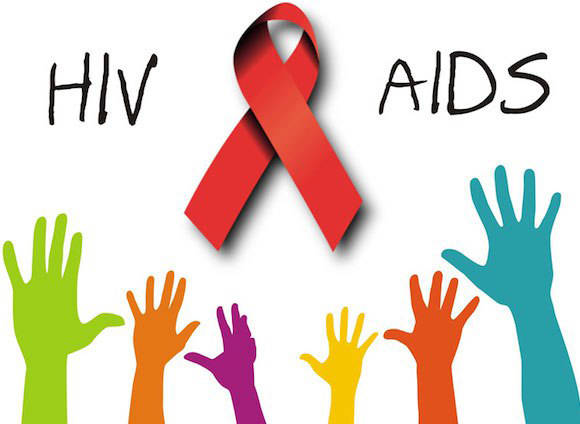Experts task Nigeria on advances in HIV research, policies
Scientists and other experts on HIV in have advised the federal government and other stakeholders to increase efforts and funding for HIV research. They gave the advice at the sidelines of the recent 10th IAS Conference on HIV Science in Mexico City, Mexico. Speaking separately during interviews with Daily Trust , they said doing so […]

Scientists and other experts on HIV in have advised the federal government and other stakeholders to increase efforts and funding for HIV research.
They gave the advice at the sidelines of the recent 10th IAS Conference on HIV Science in Mexico City, Mexico. Speaking separately during interviews with Daily Trust , they said doing so would enable the country contribute meaningfully to the prevention and cure of HIV.
Dr Olutunde Adegbite, a medical researcher and IAS scholarship receipient said Nigeria was lagging behind in cutting edge advances in the field of HIV. He said that it was worrisome that smaller African countries present several researches and scientific breakthroughs at international conferences while Nigeria has been recording few numbers of researches because of poor funding for research.
Adegbite who works as an ART clinician at the 68 Nigeria Army Reference Hospital, Lagos said it was also important for government to sponsor scientists and other stakeholders to international conferences so that they could be equipped with updates in the sector.
He said: “Government should do more in the areas of research .I was sad when I saw so many African countries presenting several researches that are going on in their countries and these are smaller countries. They are not as rich as Nigeria. There are some foreign organisations that want to partner with Nigeria on HIV research but they find it difficult to do so because government has not given them opportunities to come in. The government needs to do more in the area of research because it will help us regarding HIV/AIDS.”
Director-General of the National Agency for the Control of AIDS (NACA), HIV, Dr Gambo Gumel Aliyu said a lot of advances were being made in HIV research especially in the area of treatment.
“For example movement from three- to two-drug regimens. There are now drugs on trial that can be given by injection. So you don’t need to take drugs every day. You could be given injection every month or every two months and in a year, you have six of the injections; and you will be fine and control the virus without transmitting it. With time it might get reduced, it could be a yearly injection and at the end, the cure of HIV will be well within reach.
“The good thing is that scientists have made a lot of advances and very soon we may have more breakthroughs on how to cure the virus. That is what the world is waiting for and hopefully, in the next 10 years , we may find solution to it. “
He advised people to undergo test and know their HIV status, adding that there was help for those who already have and for those who don’t have, ways to live without it for the rest of their lives.
He said as the DG of NACA, he would pursue ensuring that people with the disease take their medications, and those who have dropped out return to taking their medications.
Prof James Hakim, a member of the governing council of the International AIDs Society (IAS), said Africa was the most affected region with the HIV epidemic, adding that the major concern of the continent was preventing the disease.“We must try and close the gap so that there will be less infections.”
He said the region has to do more in financing HIV/AIDS response, address stigma and discrimination against people living with HIV AIDS and do more studies on the prevention and treatment of HIV.
“Africans are making great contributions to the response in HIV AIDS scientifically, and through other ways. During the international meetings that I attended 10 years ago, you would hardly find any African making presentations so we will like to have more young Africans, and more female Africans making scientific presentations. But in comparison to how the situation was previously, things have changed,” he added.
